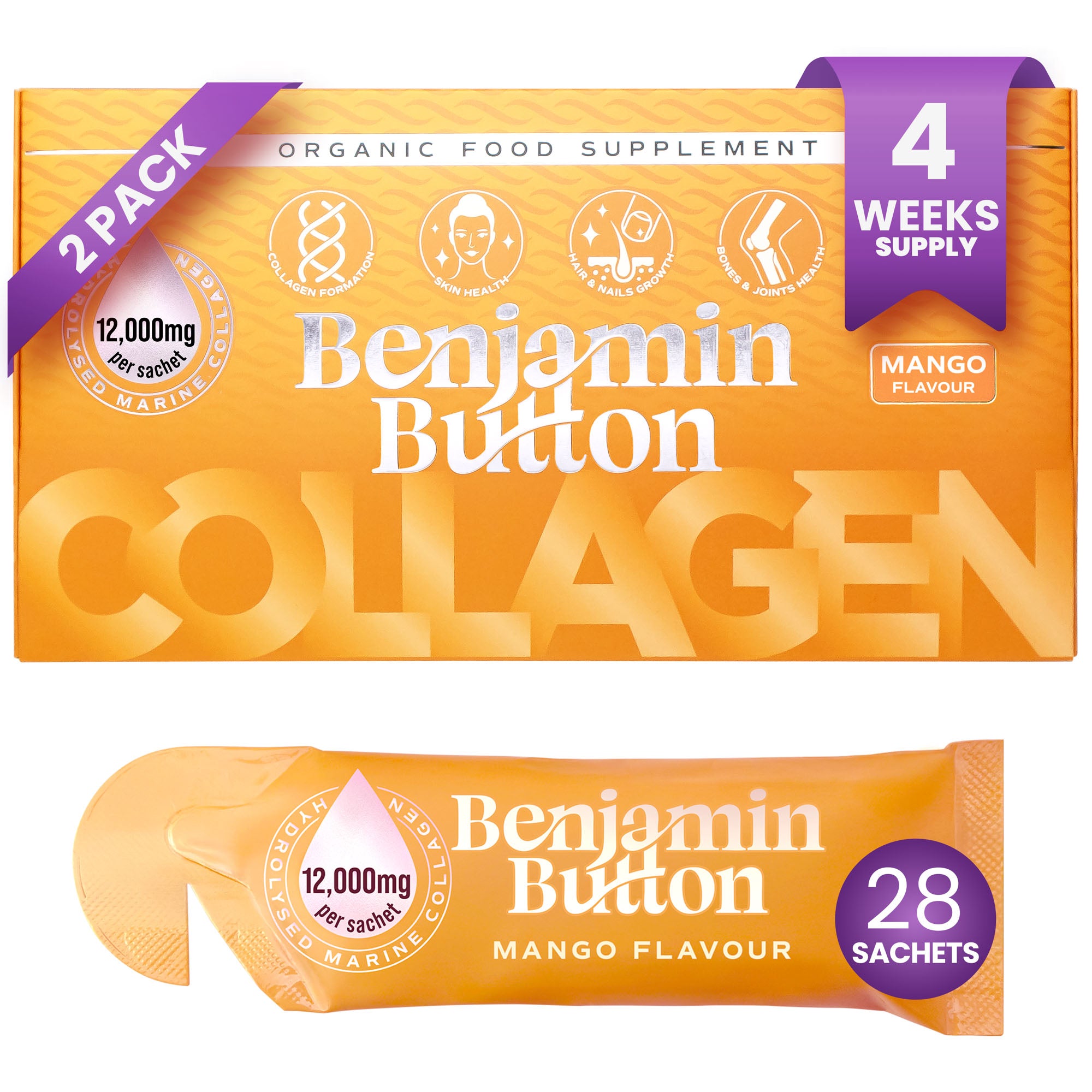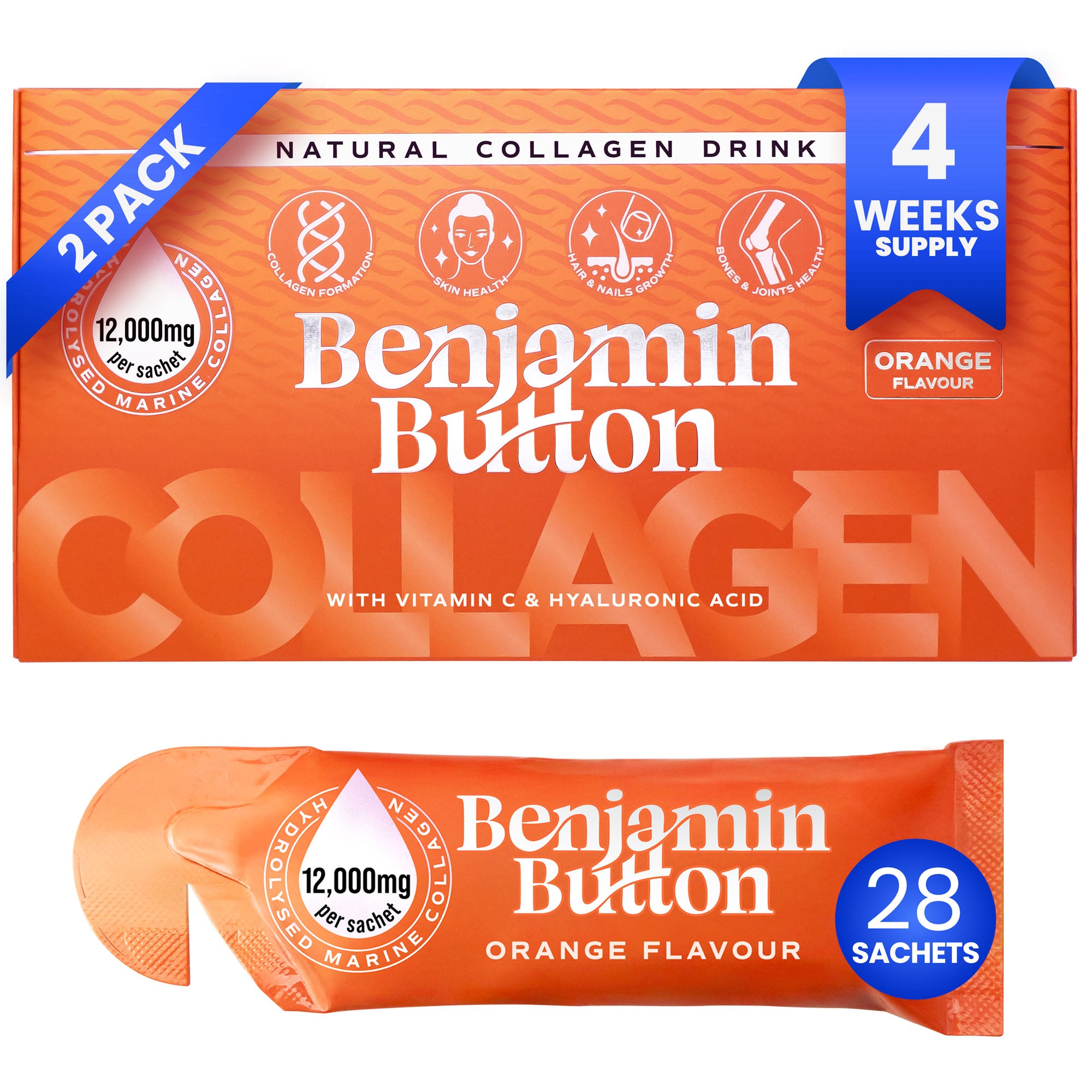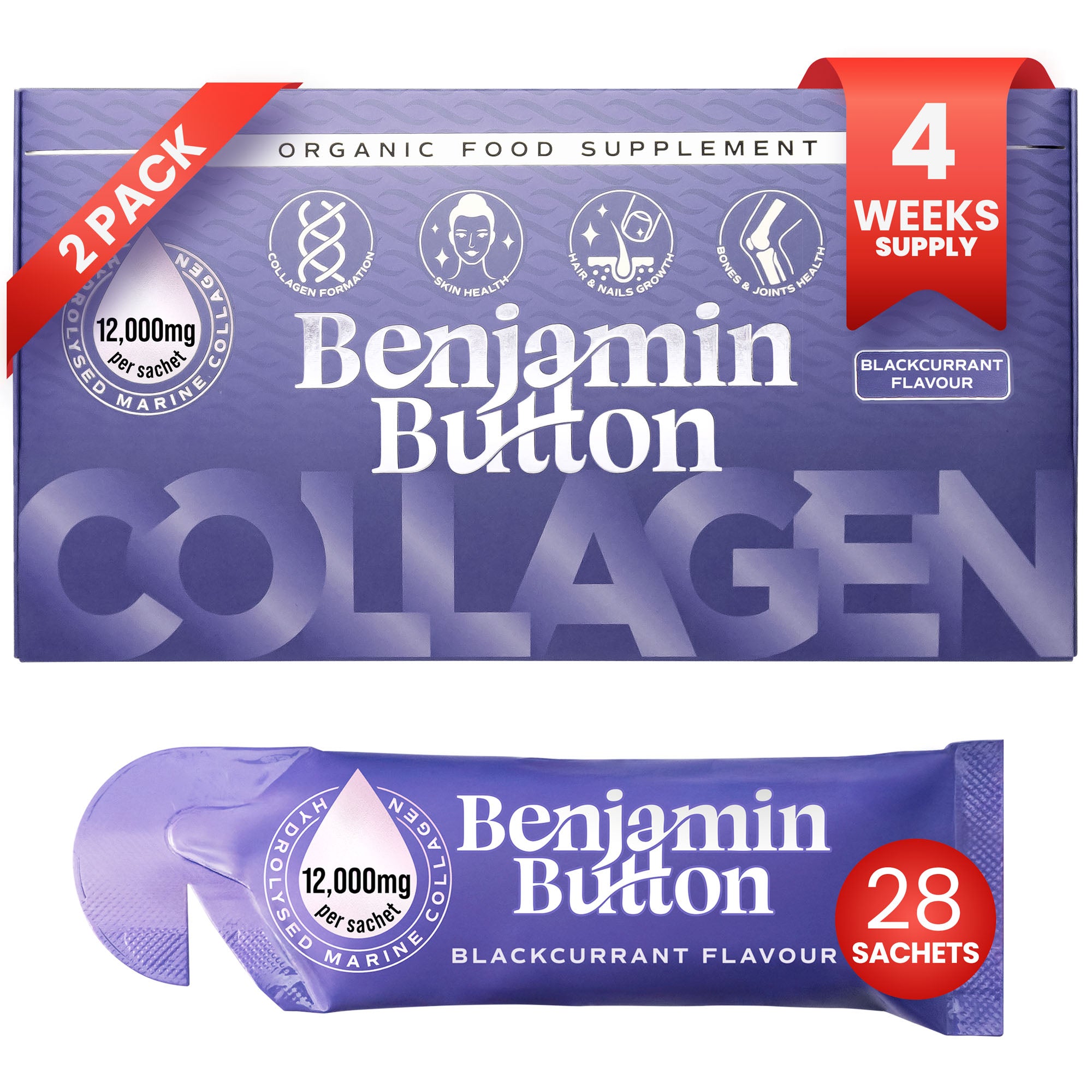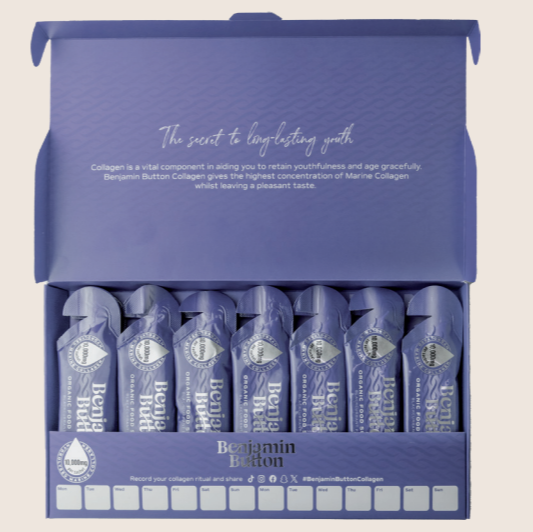Maximise Your Running Success: Embrace Recovery in Week 9
Successful running transcends just putting in the miles; it’s equally about how well you recover. As you delve into the nuances of a structured training plan, it becomes apparent that recovery is integral, especially as you approach the pivotal week nine of your training cycle. A well-planned recovery phase not only enhances your performance but also mitigates the risk of injury.The Importance of Recovery
In running, recovery can often be overlooked, yet it forms the backbone of sustained progress. Just as athletes train hard, they must also ensure that their bodies are provided with ample time to repair and rejuvenate. Here’s why recovery is essential in enhancing your running capabilities:- Muscle Repair: After intense workouts, your muscles undergo micro-tears. Recovery allows your body to repair these tears, leading to enhanced strength.
- Adaptation: Your body needs time to adapt to the increased workload. This adaptation is crucial for improvements in speed and endurance.
- Injury Prevention: Consistent neglect of recovery can lead to exhaustion and injuries. Prioritising recovery helps prevent burnout and chronic injuries.
- Mental Fortitude: Recovery is not just physical; it’s also mental. Taking the time to rest can refresh your motivation and mental stamina for future training.
Understanding Week 9 Dynamics
When you reach week nine, you may have already covered substantial mileage, and your body may start to feel the strain of the progress made. Here’s how to embrace recovery effectively during this pivotal week:- Active Recovery Days: These are essential. Instead of resting entirely, engage in low-intensity activities such as walking, cycling, or swimming. These sessions promote blood flow while minimizing stress on your joints.
- Nutrition Focus: Fuel your body with nourishing foods rich in carbohydrates, proteins, and healthy fats. Foods such as lean meats, fish, grains, and plenty of vegetables will support your recovery process.
- Hydration: Keeping hydrated is critical for recovery; water aids in muscle repair and helps flush toxins from your system.
- Sleep Quality: Prioritising quality sleep cannot be overstated. Sleep is when the body repairs itself, so aim for 7-9 hours of uninterrupted rest each night.
Recovery Strategies for Week 9
Aside from general principles of recovery, specific strategies can be employed to optimise this important phase of your running regime:1. Foam Rolling
Using a foam roller can work wonders for muscle recovery. It helps in the reduction of muscle soreness and improves flexibility. Incorporate foam rolling into your post-run routine to alleviate tension and enhance blood circulation.2. Stretching
Incorporating a thorough stretching routine can significantly benefit your running. Focus on the major muscle groups, particularly those engaged during running. Stretching facilitates the restoration of muscle length and helps maintain flexibility.- Hamstrings
- Quadriceps
- Calves
- Hip Flexors
- Lower Back
3. Get a Sports Massage
Consider indulging in a sports massage towards the end of week nine. These massages are tailored to ease muscle tension and promote relaxation, leaving you feeling revitalised and prepared for the weeks ahead.4. Mindfulness and Relaxation Techniques
Mental recovery is as crucial as physical recovery. Techniques such as yoga, meditation, or simple breathing exercises can reduce stress levels significantly. This not only benefits your mind but can also enhance your body’s overall recovery process.Listening to Your Body
As you journey through week nine, pay close attention to your body’s signals. If you find yourself feeling fatigued, don’t hesitate to modify your training plan. Remember, the goal is long-term success, and pushing through pain can lead to setbacks.- Understand Fatigue Levels: Differentiating between normal fatigue and potential injury is paramount. If something feels off, don’t risk it.
- Adapt Your Schedule: If you feel overly tired one day, consider swapping workouts or allowing an additional rest day.
- Set Realistic Expectations: It's okay to scale back if recovery is needed; adaptability is part of effective training.






















